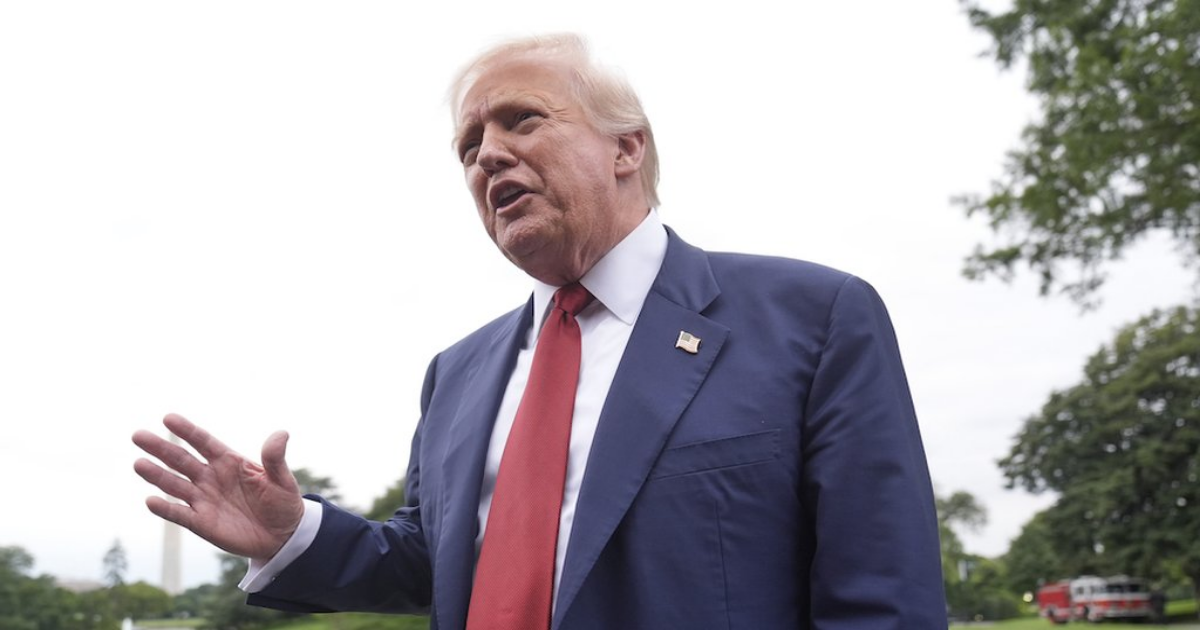On Aug. 1, President Donald Trump took a step many economists had feared: firing the head of the Bureau of Labor Statistics, the nonpartisan agency that collects a wide range of closely watched employment and price data. Trump said the commissioner is politically biased against him.
“I have directed my Team to fire this Biden Political Appointee, IMMEDIATELY,” Trump wrote on Truth Social, referring to bureau Commissioner Erika McEntarfer, who was nominated by former President Joe Biden. “She will be replaced with someone much more competent and qualified. Important numbers like this must be fair and accurate, they can’t be manipulated for political purposes.”
The stakes are high for having statistical purity. Presidential approval ratings rise and fall based on key measurements such as the unemployment rate, new job creation and the consumer price index — all of which are calculated solely or partly by BLS. And countless transactions also depend on those calculations, including those by financial traders, private businesses, international trading partners and individual Americans’ stock market holdings.
“The U.S. is really known as the gold star of statistical agencies around the world,” Tara Sinclair, a George Washington University economist, said in March during a panel discussion about ensuring the quality of U.S. statistics. “We have this anchored expectation of quality data coming out of the U.S.,” she said. Panel attendees expressed worry about political pressure being brought to bear on agencies like BLS.
William Beach, who was Trump’s first-term Bureau of Labor Statistics commissioner, called the firing “baseless” and “damaging” in a letter co-signed by Erica Groshen, who preceded Beach and was nominated by Barack Obama.
“This escalates the president’s unprecedented attacks on the independence and integrity of the federal statistical system,” the letter said. It also said the firing “undermines the credibility of federal economic statistics that are a cornerstone of intelligent economic decision-making by businesses, families, and policymakers.”
PolitiFact has fact-checked Trump’s complaints about employment reports and accusations that officials have cooked the books against him, such as his August 2024 statement, rated Pants on Fire, that the Harris-Biden administration had been fraudulently manipulating job statistics. Trump’s distrust of economic data goes back to his June 2015 campaign debut.
Economists from across the ideological spectrum have consistently told us that the jobs calculations are free from political meddling; civil servants compiled them using the same methods and schedule for decades.
In his Aug. 1 social media post, Trump was reacting to not only the 73,000 jobs created in July — a lower number than many economists had expected — but also the downward revision totaling more than 200,000 jobs during two previous months, May and June.
Trump called that downward revision “a major mistake,” saying instead that “the Economy is BOOMING under TRUMP.”
Revisions are a standard part of the BLS process. The revised numbers, which are released one month and two months after the initial release, are more reliable because they include more thorough data.
The data for the initial announcement is collected over a window of nine to 15 days, and some businesses who participate in the survey don’t get their data to BLS that quickly. So BLS continues to accept information over the following two months, and these figures are factored into the revised numbers.
Economists and businesses “want complete information, but that takes more time, and it’s released on a regularly planned schedule,” Sinclair told us in 2024.
McEntarfer was confirmed to her post in January 2024 by a broadly bipartisan, 86-8 vote, including a yes vote by then-Sen. JD Vance, now the vice president.
